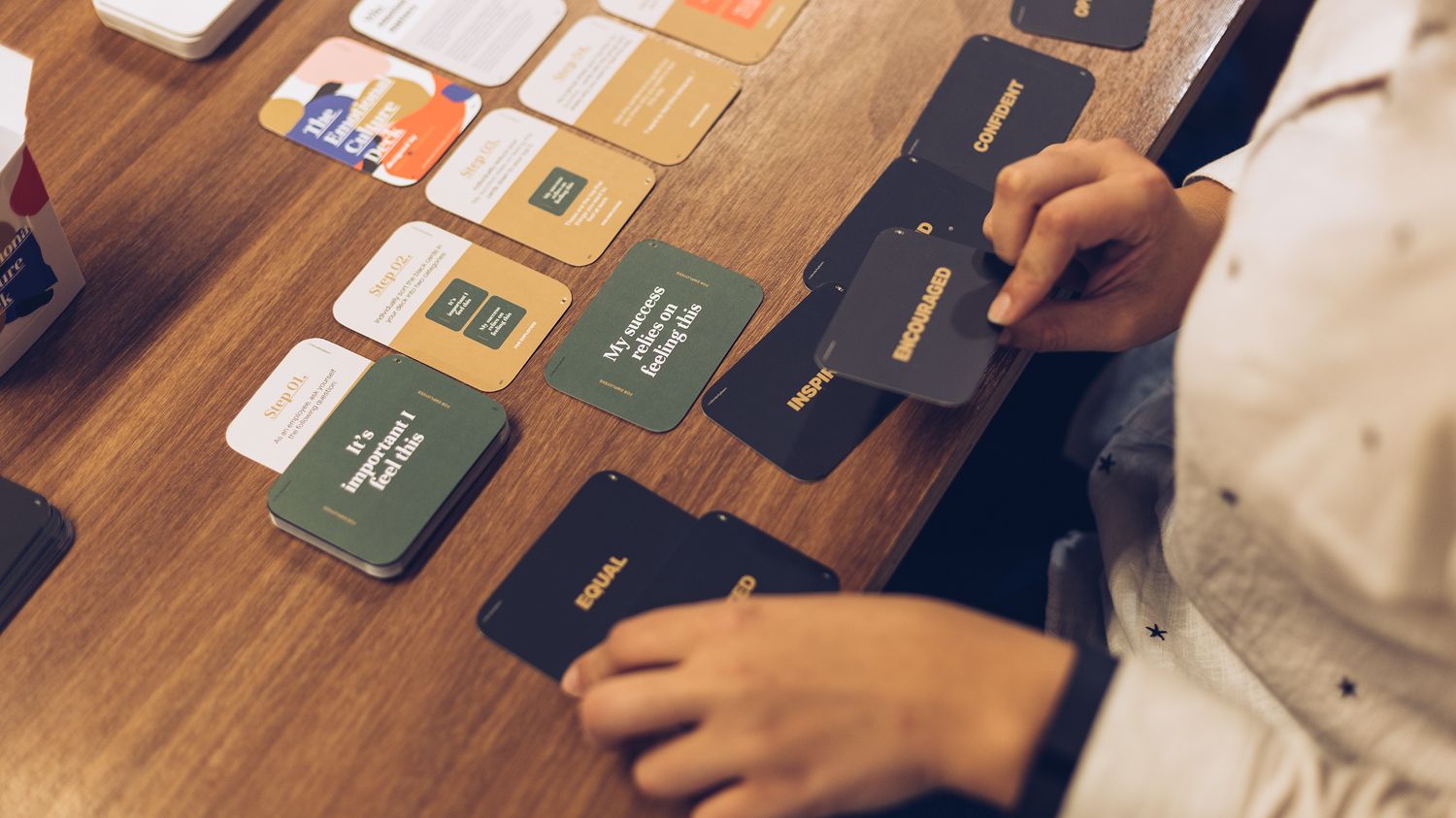The secret to a positive and productive team culture: Emotion Culture Crafting

I recently stumbled across a summary of an upcoming research paper, "How Should We Feel?: Emotion Culture Crafting and its Influence on Team Process and Viability" written by Elizabeth Wolf, Jacob Levitt & Sigal Barsade, that examines the effects of Emotion Culture Crafting on team processes and viability.
The paper defines Emotion Culture as "deep basic assumptions, values and norms a social unit has about which emotions they should – or should not – express as they work together." The research argues that emotion culture crafting, which is the process of proactively designing and adjusting emotional norms for a group, is beneficial for teams as it improves psychological safety, mood, engagement, teamwork and team viability.
The study was conducted with 133 four-person teams in a laboratory setting, with teams either engaging in emotion culture crafting or a control condition. Results showed that teams that engaged in emotion culture crafting reported significantly more empathy, better communication, higher psychological safety, pleasant and energetic mood, greater teamwork and more engagement compared to teams in the control condition. Additionally, teams that engaged in emotion culture crafting were more satisfied with the negotiation outcome and process.
What the study went on to show was that team members who crafted their emotional culture were more likely to sign up for a later study working with the same team again.
Although this is only a laboratory study, it does provide empirical evidence for the positive impact of emotion culture crafting on team processes and viability. It highlights the importance of managing collective emotions and proactively designing emotion norms in a group setting, which can lead to better team dynamics, performance and engagement.
While the more rational leaders amongst us are obsessed with needing proof and research to validate new and surprising tools or ways of working before they adopt them or take a risk trying them out.
There are also those leaders who intuitively understand that emotions matter at work. They've always known and seen how emotion impacts attention, relationship, decision-making, creativity and even health.
But for a long time, leaders have not had the tool or a structured approach to overcome workplace barriers to create conversations about emotions at work in a non-threatening and inclusive way.
The most innovative and impactful leaders, coaches and consultants are the ones who look for solutions and tools and the edges and intersections of industry and fields. They are the ones who break convention and challenge the status quo.
The Emotional Culture Deck is built on that premise. It’s a game at the intersection of design, psychology, sociology and anthropology. It’s out the fringes of organisational development (for now) because it challenges the conventional wisdom that culture building is a one-way, top-down communication activity built on cognitive culture and corporate values.
As a leader, coach or consultant, you can use The ECD as a coaching tool to enhance your team’s performance by incorporating it into your ongoing training and development efforts, providing ongoing support, resources and exercises for building leadership skills, emotional intelligence and improving emotional culture.
It can also be used as a reference tool: The ECD can be used to help teams and organisations stay focused and on track as they work to improve their emotional culture. You can refer back to it regularly to check the current state of your people and team culture. Track your progress and identify new areas to focus on, so you can continue to develop and grow.
These are just two more ways you can use The ECD to transform culture and leadership within any team or organisation, large or small.
Secure your spot on our upcoming ECD Online Masterclass here: https://www.ridersandelephants.com/emotional-culture-deck-online-masterclass-course

